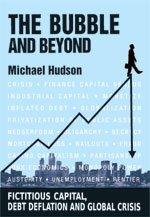By Dan Kervick
An important anniversary is approaching. On January 1, 1863, Abraham Lincoln signed and issued the Emancipation Proclamation. The proclamation that sounded the final end of the depraved institution of American slavery was presented to the nation and the world as an emergency war act, a “fit and necessary” measure for suppressing an armed rebellion against the authority and government of the United States. The language of the Emancipation Proclamation is restrained by the customary legalisms of government writ; and yet, vibrating through and beyond the tight cords of executive propriety, the drama and permanence of Lincoln’s statement sound clearly, along with the solemn national commitment to sustain the liberation of the newly freed men and women by force of arms:
And by virtue of the power, and for the purpose aforesaid, I do order and declare that all persons held as slaves within said designated States, and parts of States, are, and henceforward shall be free; and that the Executive government of the United States, including the military and naval authorities thereof, will recognize and maintain the freedom of said persons.
Continue reading →


 There appears to be an emerging consensus that the euro will survive, especially now that Mario Draghi has apparently grasped the nettle and persuaded his colleagues that the ECB is prepared to initiate unlimited purchases of national government bonds in order to underwrite their solvency. Of course, as usual
There appears to be an emerging consensus that the euro will survive, especially now that Mario Draghi has apparently grasped the nettle and persuaded his colleagues that the ECB is prepared to initiate unlimited purchases of national government bonds in order to underwrite their solvency. Of course, as usual











